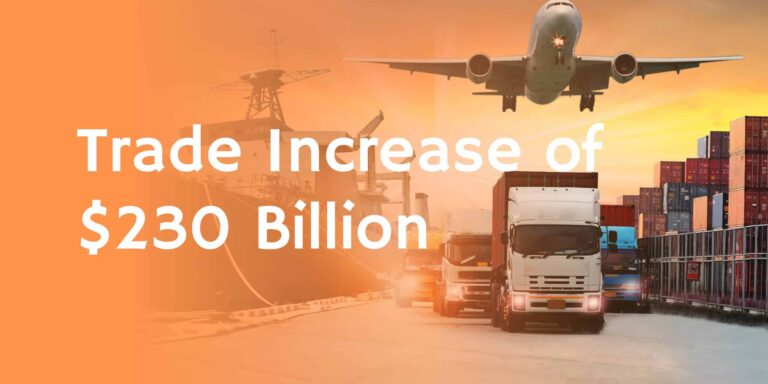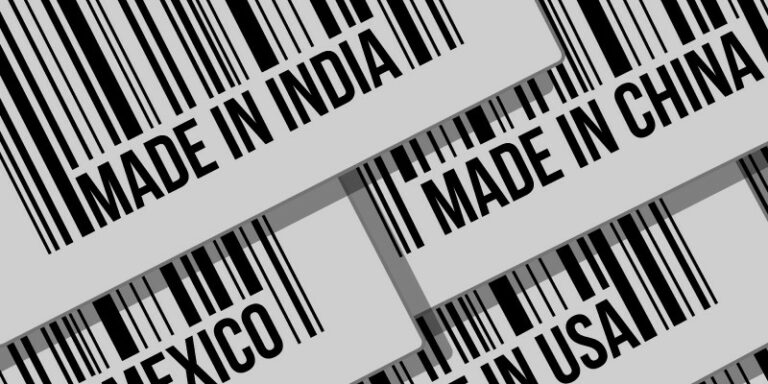Increase Your International Trade Compliance Score
The past 12 years have been an incredible experience for me as I had the opportunity to develop and manage the international trade consulting practice for one of the world’s largest logistics companies! I have also had the privilege of guiding and assisting hundreds of small and medium-sized companies successfully navigate (seemingly) complex global trade rules.
I have now created an “International Trade Compliance Scorecard” inspired by the best practices and pitfalls experienced by these diverse companies. I hope this scorecard http://dsgglobal.com/scorecard/ will help companies minimize their regulatory risks and take steps to improve their compliance score.
The distilled wisdom from these best practices and risk areas is summarized below.
1. Management commitment: It is critical to have a trade compliance policy endorsed and supported by your upper management. You need an executive champion for visibility, getting everyone’s buy-in, and providing the much-needed budget!
2. Responsible organization: When employees wear multiple hats (for example the warehousing or procurement staff are also the Import-Export compliance go-to person), compliance usually falls through the cracks.
3. Written and up-to-date international trade compliance manual: Think of a written manual as an updated GPS by your side. Without these directions, you are very likely to get lost along the way.
4. Ongoing Training: In this fast-changing regulatory environment, annual updates and training for your staff are critical. If your staff is not well trained, what will they do when you win the lottery?
5. Product Classification: Many companies erroneously try to club large categories of unique products into the fewest Harmonized tariff schedule (HTS) codes possible. Many others brazenly and incorrectly select the HTS codes with the lowest duty rates. Warning – Failure to accurately classify your commodities will invariably catch up with you.
6. Customs Valuation: While most companies understand the concept of selling price (transaction value) for customs valuation, there are many importers who incorrectly assign just a nominal value for non-commercial imports (warranty replacement, repairs, stock transfers, samples, etc.).
7. Related Party transactions: Customs usually scrutinizes imports from related parties. If you do business with a related party, ensure that they are selling to you on an arms-length basis, i.e., the sales price they would offer to an unrelated customer.
8. Post-entry audits: Human errors happen even with the best customs brokerage firms. So make it a point to review your import entries and export filings for accuracy and rectify errors promptly.
9. Records Management: Remember to save all the required import and export entries and documentation for the statutory period of 5 years in the USA. We recommend that documents be archived electronically with the ability for quick retrieval. A global trade management software is recommended for this purpose.
10. Supply Chain Security: With more countries having cargo-security programs for their importers and exporters, consider joining a cargo security program such as the Customs-Trade Partnership Against Terrorism (C-TPAT). According to CBP, cargo imported by C-TPAT members is 7 times less likely to be inspected than non-C-TPAT importers.
11. Country of origin marking: Ensure that your imports are marked with the correct country of origin.
12. Periodic Audits: Perform internal audits of your compliance operations on a periodic basis, or bring in an external auditor on an annual/bi-annual basis.
13. Prior disclosures: In case of violations, consider submitting a voluntary disclosure to the relevant government agency.
14. Your annual customs duty spend: Companies have large tax teams to minimize their worldwide tax spend but pay their carrier’s customs duty invoices with no questions asked. Ask your global carriers for a report of the customs duties you are paying in the USA and on a worldwide basis. Take the time to review whether your company is over-paying or under-paying customs duties.
15. Duty-minimization strategies: Evaluate whether strategies such as duty drawback, Foreign Trade Zones, or Free Trade Agreements (such as NAFTA) are applicable to your business.
16. Export Control Classification Number (ECCN): Many exporters erroneously use EAR99 instead of reviewing the accurate ECCN on the Commerce control list. When was the last time you asked your technical team or the Bureau of Industry & Security (BIS) to validate your ECCN numbers?
17. Export license: Ensure that you do not need an export license from the BIS to ship your products to all your destination countries.
18. Foreign Nationals: If you do have controlled technology at your facility, which may come in contact with foreign nationals on your premises (for example customers, interns, or employees), ensure that your company has a “deemed export” license process.
19. Restricted party screening: Always go the extra mile to verify that the ultimate end-user is not on the “Lists of parties of concern” and that the ultimate destination for your exports is not on the embargoed list.
20. Audit readiness: Don’t think an enforcement action cannot happen to you. Take the necessary steps so you can be confident that your company could withstand an import or export audit.
Take the International trade compliance scorecard challenge now (http://dsgglobal.com/scorecard/) and find out where your company stands!
Caveat: While a 3-minute, 20-question scorecard quiz is not to be confused with a comprehensive full-blown audit; it does highlight the most common compliance gaps that result in delays and avoidable penalties.
Better still, this scorecard is an easy aid that you can show to your upper management to convince them of the need for urgent action (and resources)!
Good luck!
_______________________________________________
About the Author
Deep SenGupta is the CEO of DSG Global, a boutique firm specializing in international trade compliance, helping companies of all sizes with strategies to expand their global footprint and understand complex international trade rules. To learn about Deep and his services please visit this page: http://dsgglobal.com/team/.








